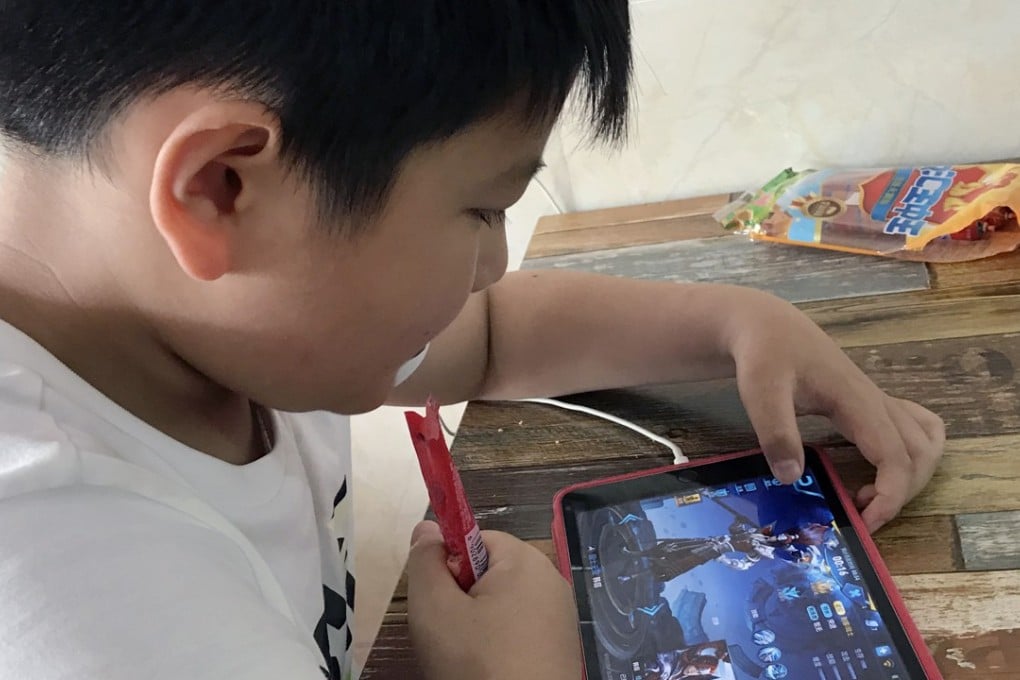Homework, not games, the reason why China’s teens go online, games publisher Tencent study finds
Tencent released the findings of the survey ahead of Children’s Day, which falls on June 1 in China. The Shenzhen-based internet giant has been criticised by state media for not doing enough to prevent gaming addiction among the young.

Homework, not gaming, was the top reason cited by teenage respondents for going online, according to a study by Tencent Holdings, which is facing public scrutiny over its role in policing gaming addiction among youths.
Besides online research, the other top reasons for going online include reading online novels, getting English translations, sports and poetry. Girls pay more attention to drama, pop music, celebrities news, food, make-up and online shopping, while boys are into comics, games, jokes and pranks, according to the Tencent study, which was conducted jointly with Communist Youth League of China and Chinese Academy of Social Sciences.
Teenagers view games differently from their teachers and parents, according to the study, which talked to 13- to 18-year-olds across 100 schools. To the teens, games can improve intelligence and “puzzle games” are preferred over “purely exciting games”, according to the survey.
Tencent released the findings of the survey ahead of Children’s Day, which falls on June 1 in China. The results paint a picture of a digitally savvy generation that is coming of age during the era of the mobile internet. About 60 per cent of the respondents first came into contact with the internet between the ages of 6 to 10, and more than 90 per cent did so through the smartphone.
The day before the study was released, a commentary carried by Xinhua Net, the online platform of the state-run news agency, criticised game developers including Tencent for not taking adequate measures to prevent gaming addiction among young people.
"With the Children's Day nearing, we'd like to remind all internet game companies to balance between business interest and social responsibility, shoulder the responsibilities they need to take and do what needs to be done”, according to the commentary.